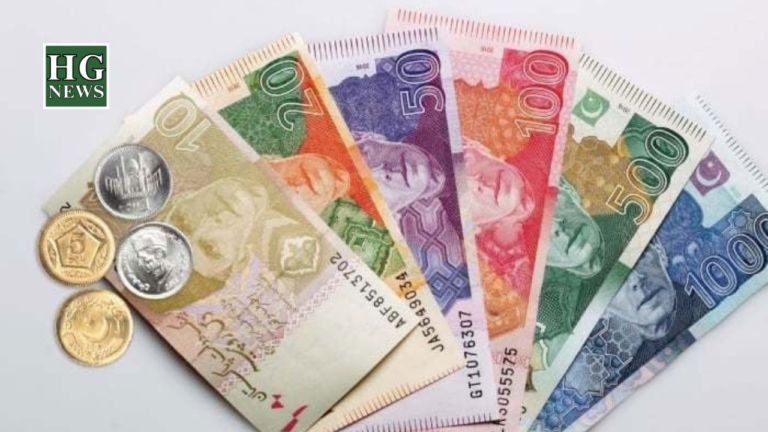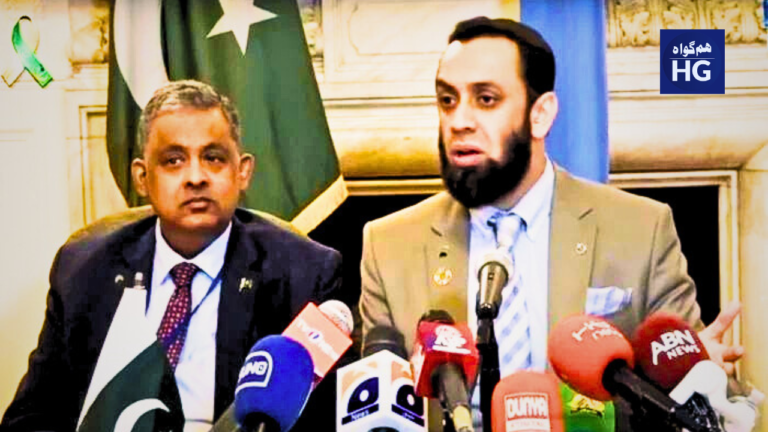Sheikh Hasina journey From 1981 to leading democracy
Sheikh Hasina Wazed, born on September 28, 1947, in Tungipara, East Pakistan (now Bangladesh), is a prominent Bengali politician and leader of the Awami League party. She served as the Prime Minister of Bangladesh five times: first from 1996 to 2001, and then from 2009 to 2024. Her fifth term ended early when she resigned and left the country on August 5, 2024, due to intense unrest.
After Hasina’s controversial victory in the January 2024 general elections political turmoil began in July. Students started protesting against reinstated quotas in civil service jobs for relatives of Bangladesh Liberation War (1971) veterans which they viewed as unfair. Though the Supreme Court later removed these quotas the protests grew into a broader anti-government movement.
Calls for Hasina to resign increased by early August after the government tried to suppress the protests with curfews and internet restrictions. On August 4 about 100 people died in clashes making it the deadliest day of unrest. Next day Bangladesh’s army chief announced Hasina’s resignation and the formation of an interim government. Reports suggested Hasina left for India following the violence and mass protests in Dhaka that morning defying a nationwide curfew.
Life of Sheikh Hasina
Hasina is the daughter of Sheikh Mujibur Rahman who played a key role in Bangladesh’s independence from Pakistan in 1971. She married M.A. Wazed Miah a well-known Bengali scientist in 1968. While she was studying at the University of Dhaka in the late 1960s she became involved in politics and helped her father during his imprisonment by the Pakistani government. In the 1971 Hasina and her family were briefly detained for their role in the fight for Bangladesh’s independence.
On August 15, 1975 tragedy struck when her father who had recently become president her mother and three of her brothers were murdered in their home by military officers. At the time Hasina was abroad. After this devastating event she spent six years in exile. During this period she was elected to lead the Awami League the political party founded by her father which had grown to be the largest political group in Bangladesh.
Many countries have changed their names for various reasons
Entered politics
· Hasina returned to Bangladesh in 1981 and quickly became a strong voice for democracy.
· Her advocacy led to multiple instances of house arrest.
· Despite this, she became the leader of the opposition in parliament.
· She spoke out against military violence and worked to protect basic human rights.
· In December 1990, the last military ruler, Lieut. Gen. Hussain Mohammad Ershad, stepped down.
· This followed an ultimatum issued by Hasina, which was widely supported by the people.

Shifting leadership
In 1991 during Bangladesh’s first free election in 16 years Hasina didn’t win a majority and her rival Khaleda Zia of the Bangladesh Nationalist Party (BNP) took power. Hasina and her supporters accused the BNP of cheating and the Awami League along with other opposition groups boycotted the parliament. This led to violent protests and political chaos. Despite the BNP’s denial of vote fraud Khaleda eventually agreed to step down and let a nonpartisan caretaker government organize new elections. Hasina was elected prime minister in June 1996.
During Hasina’s first term Bangladesh’s economy grew but political unrest continued. The BNP held protests and strikes often turning violent and boycotted parliament which made governing difficult. Despite these challenges Hasina managed to stay in office and became the first prime minister since independence to serve a full five-year term. In the 2001 election Khaleda and her alliance won and Hasina and the Awami League protested claiming the election was rigged. However their protests didn’t change the outcome.
After Khaleda returned to power Hasina continued her work with the Awami League in a tense political environment. In 2004 she was slightly injured in a grenade attack at a rally. In 2007 a military-backed interim government declared a state of emergency canceled elections and arrested both Hasina and Khaleda on corruption charges. Hasina was released in June 2008 and Khaleda in September. By the end of the year the emergency was lifted, and elections were held on December 29. Hasina and the Awami League won a strong majority defeating Khaleda and the BNP.
Single-party rule
Hasina became prime minister again in January 2009. Four months later her husband passed away after a long illness. In January 2010 five former military officers who had been convicted of killing Hasina’s father in 1975 were executed. This was about 13 years after their trials started during Hasina’s first term. Later that year the government began trying cases of war crimes from the 1971 independence war. However many of those convicted were from the Awami League’s opposition leading to accusations that the tribunal was politically biased.
In 2017 while Hasina was in office over 700,000 Rohingya fled to Bangladesh to escape violence in Myanmar. The government helped them but did not grant them refugee status focusing instead on voluntary repatriation. Although the government was praised for its response there were ongoing concerns about finding a permanent solution.
Throughout her time in power Hasina and her party were accused of suppressing opposition. Many opposition members were arrested or tried and there were complaints about restrictions on dissent and free speech. In 2013 the Jamaat-e-Islami party was banned from elections due to its religious views conflicting with Bangladesh’s secular constitution. In the 2014 elections the BNP and other opposition groups boycotted leading to an Awami League landslide victory. Similar concerns about election fairness arose for the 2018 elections where Khaleda the BNP leader was jailed and the Awami League won again. In the lead-up to the January 2024 elections the BNP accused Hasina of arresting over 20,000 of its supporters and leaders leading to violence and a boycott by the BNP. Despite the boycott Hasina’s party won a large majority. Critics argued that Hasina had turned into an authoritarian leader of a one-party state. In July 2024 student protests erupted over government job policies and high unemployment. These protests grew into a larger movement demanding Hasina’s resignation. After a deadly clash on August 4 and ongoing unrest despite curfews and restricted Internet access Hasina resigned and left the country on August 5, 2024.






